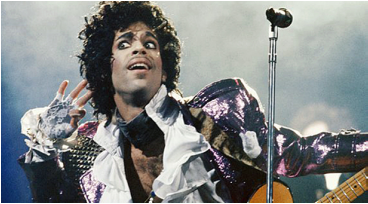
A few weeks ago, the Centers for Medicare & Medicaid Services (CMS) proposed a new timeline for the implementation of meaningful use. The new timeline extends Stage 2 through 2016, and Stage 3 will begin in 2017 for providers who have completed at least two years in Stage 2. The extension was made for two reasons: one, to allow CMS “to focus efforts on the successful implementation of the enhanced patient engagement, interoperability and health information exchange requirements in Stage 2”; and, two, to have access to the data from Stage 2 to inform policy decisions for Stage 3.
The three stages are set up to transition participants, from creating information in Stage 1, to exchanging information in Stage 2, to improving outcomes in Stage 3.
According to CMS, the new timeline would have several benefits:
- More analysis of feedback from Stage 2
- More available data on Stage 2 adoption and measure calculations – especially on new patient engagement measures and health information exchange objective
- More consideration of potential Stage 3 requirements
- Additional time for preparation for enhanced Stage 3 requirements
- Ample time for developers to create and distribute certified EHR technology before Stage 3 begins, and incorporate lessons learned about usability and customization.
CMS plans to release a notice of proposed rulemaking for Stage 3 in the fall of 2014. The final rule with all requirements for Stage 3 would follow in the first half of 2015. All comments from those individuals with a direct interest will be “reviewed and carefully considered” before the final rules are released.
What this means for Quillen Providers
Although this announcement doesn’t immediately affect us, it does give us a little more breathing room, as many of our providers were early participants in the program. For any provider who started the program in 2011, the new timeline will look similar to the following:
2011 Adopt, Implement, Upgrade
2012 Demonstrate 90 days of Stage 1
2013 Demonstrate a Full Year of Stage 1
2014 Demonstrate 90 days of Stage 2
2015 Demonstrate a Full Year of Stage 2
2017 Begin Stage 3
Not all of our providers started in 2011, so your particular timeline may look a little different. CMS offers a timeline tool that participants can use to see a personalized timeline.
As we enter a new year and start working on a new timeline, perhaps the song below won’t be as applicable, but just in case you are still in a panic about Meaningful Use, here’s a song for you!
I was panicking when I wrote this
Forgive me if it goes astray
But when I got to work this mornin'
Could of sworn it was Attestation Day.
The computer screen was all black
There were patients waitin’ everywhere
Tryin' to get relief from sickness
But CMS didn’t seem to care.
'Cause they say two thousand one three
Stage One is over, oops out of time
So today I’ve got to click like it's 2014
(Sorry, couldn’t make it rhyme)
I was panicking when I wrote this
So sue me if I go too fast
Stage 2 is not a party
And clicking is not a blast.
The EHR is all around us
My eyes say too much screen time
But if I gotta click
I'm gonna make it by the deadline.
Yeah, they say two thousand one three
Stage One is over, oops out of time
So today I’ve got to click like it's 2014.
(Sorry, couldn’t make it rhyme)
Lemme tell ya somethin'
If you didn't come to document
Don't bother seeing patients
We got CMS wanting data
And, doc, we’re runnin’ outta time!

 RSS Feed
RSS Feed